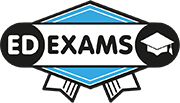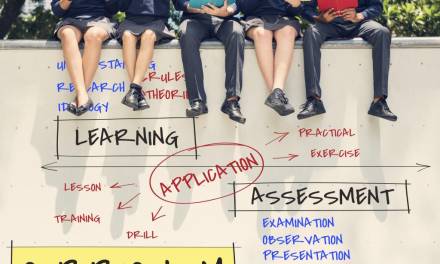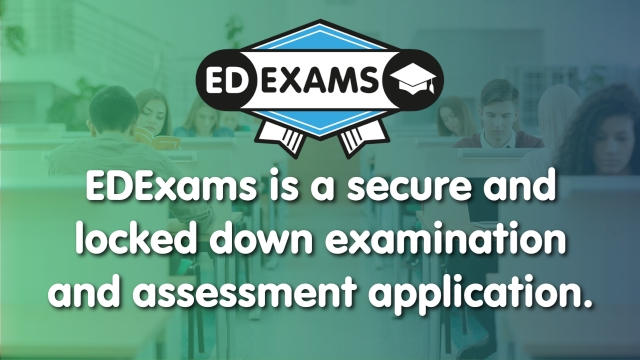Assessment data should be improving education standards and informing teaching approaches.
Yet the lack of clarity about the intended purpose of different assessments, and the data they should generate, is always complex.
With this in mind, here we look at the five core challenges schools must overcome, if whole-school assessment is to achieve its goals.
The aims of whole-school assessment: what are we trying to achieve?
Each school aims to drill down into the four objectives for whole-school assessment:
- Every child knows how they are doing, and understands what they need to do to improve.
- Every teacher is equipped to make well-founded judgements about learners’ attainment and how to plan to improve it.
- Every school has systems for making regular, useful, manageable and accurate assessments.
- Every parent knows how their child is doing, what they need to do to improve, and how they can support the child and their teachers.
The five challenges of whole-school assessment
1. Establishing coherence
Coherence is about covering the knowledge, understanding and skills demanded by the National Curriculum in whole-school assessments.
Coherence can only be established when the three different types of assessment are interconnected: day-to-day, periodic and transitional – so that the school’s system runs
intelligently and efficiently.
2. Gaining involvement
Put simply, involvement can only be successful when everyone understands the purpose of school assessments – this includes pupils, parents and staff.
3. Creating consistency
Consistency is key to establishing effective assessments. This step must involve collaboration between teachers of the same subject and discussions about national standards.
While there are naturally differences between subjects in the way that they are assessed, there are elements that are always consistent – such as how the opinions of pupils are gathered and implemented, and how assessments are record, reported and analysed.
4. Ensuring manageability
Productive assessments demand time and effort. However, even with the most preparation in the world, there remains a chance that assessment practices can become too complex to administer and gain any meaningful insight from.
Key challenges in this respect involve how detailed paper assessments are and how evidence is collected and represented – both of which can often be too cumbersome – overwhelming stakeholders in data and leading to little actionable insight for teachers, pupils and parents.
5. Securing impact
The impact of a whole-school assessment can be judged in two ways.
- Does it assist in the planning of the curriculum and meet individual learner needs?
- Does it assist us in understanding the progress that pupils are making, the standards they are achieving and what can be done to further their improvement?
Identify the assessments used in school which need to be highly-reliable and valid measures of that which is being assessed (generally these are the high-stakes assessments with important decisions attached to them). How valid and reliable they are for the purposes to which they are put?
Recommended reading: QCA’s Articulating Assessment Project: Key factors in management to ensure headway











